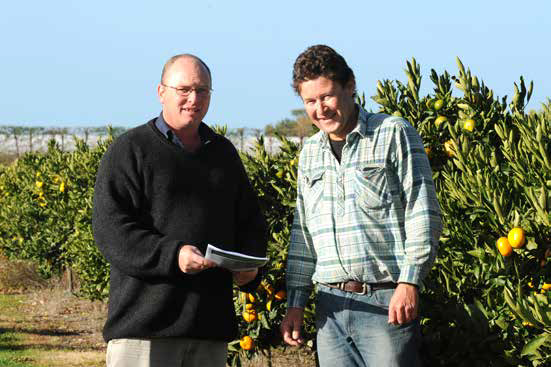The Gisborne horticultural industry will be better equipped in the future thanks to EIT Tairāwhiti’s Certificate in Sustainable Horticulture (Fruit Production) programme.
The 20-week programme has been moulded on a similar very successful model being run at EIT Hawke’s Bay.
Acting Head of School for Primary Industries, Steve Phelps, says key to the local programme is the partnership with industry.
“To ensure we are producing fit-for-purpose students for the Tairāwhiti region, we established a small working group to identify the local skill requirements” says Phelps.
The students involved will have first-hand experience on operational orchards that could lead to full-time employment at the end of the programme.
The move has been welcomed by long-time Gisborne grower Tim Egan, who is also on the Labour Governance Group.
“We work with a lot of government agencies and educational institutes to make sure there is enough labour to meet our future needs. Although there are a large group of unemployed people in Gisborne, we are short of skilled labour,” says Egan. “It is important that we have the right skill base for the industry, and this programme will go some way to achieving that.”
Egan says the horticultural industry is an exciting one to be a part of, with plenty of educational pathways.
“This is an important and logical next step for us all. This is a course that we have helped design to meet our needs, so those coming through are what we are looking for and will be able to get full-time jobs.
Everyone is committed to making this succeed.”
Programme coordinator and lecturer Mike Beedie says it is a very holistic approach. Students will have a 22-hour contact week , leaving them the opportunity to still complete casual work.
The horticultural industry is one of the most valuable to the Gisborne-East Coast region economy, with around 9000 hectares included in cropping, permanent crops and viticulture, among other things.
The course starts on July 20 and is limited to 16 students. The timing has been set to start postharvest, so those working in pack houses can enrol in the course.

